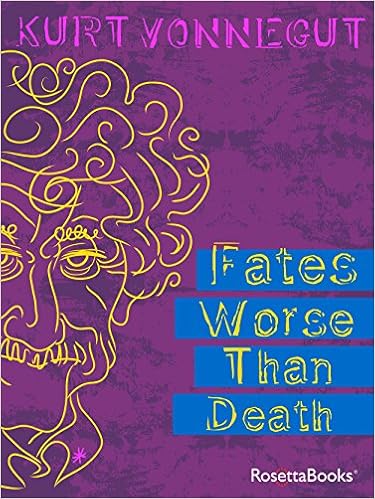It's hard to write a book review when you know the author personally. Even harder when you've known the author your entire life and looked up to her because she had what you envisioned to be the "ideal job." I think I've spent most of my life dreaming about either being an artist or a writer. This book, Generation Chef, was written by my Aunt. I couldn't wait to read it, and now I'm going to try and review it, sort of.
It has been amazing to grow up wanting to be a writer while having a real-life writer to connect with. She never glamorized it, which I feel made a big difference for me. I'm not a professional writer today, probably because of the insight she brought to the profession for me. However, I still write professionally. I never gave up my passion for writing and for developing as a writer, and I think my Aunt deserves some of the credit for that. All that being said, it makes it hard to write a book review about my Aunt's book. My perspective is a little shaded by my emotional attachment here, but...
If you've ever found yourself channel surfing and end up binge watching The Food Network, this book is for you. If you love food - cooking it, eating it, snapping pictures for your Instagram - this book is for you. If you love real stories, about real people, struggling to make their dreams come true, this book is for you. The journey in this book goes from the first steps toward building a restaurant for a young, aspiring chef, to Huertas' second anniversary and all the unknowns for the chef and the staff that still linger. It's a story that is constantly moving and changing because that seems to be the nature of the industry. You can't be complacent with just one accomplishment, it must build toward the next and the next. It's honestly a lifestyle and pace I could never keep up with, but one that I'm so very interested in understanding.
I don't typically recommend books to my friends that my Aunt has written. Mostly because some of the topics she's previously covered don't really apply to the lives of the people I know. There was also this one autobiographical book where I'm mentioned a tiny bit, and it would have felt strange to have my friends read it. But, this book hits the mark for me. I enjoyed reading it so much and have already been talking it up to as many people as I can. I've also had the actual pleasure of eating at Huertas. I went with my Aunt while she was still working on the book. It was fantastic, and worth a stop in if you're ever in (or currently live in) NYC.
Regardless of who the author is in relation to me, Generation Chef, is a great read, and I think you (whoever you happen to be) would enjoy it.



